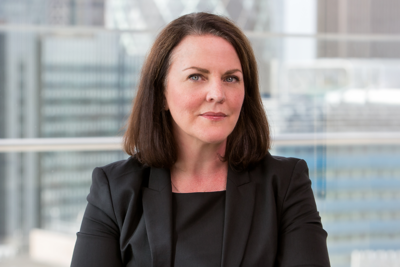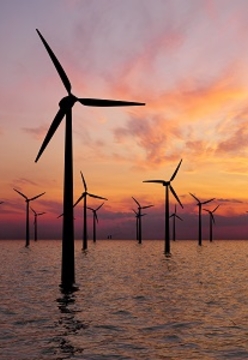
Colette Kelly Partner, Criminal and Regulatory Solicitor
Serious Fraud Office awards bribery compensation for Nigerian infrastructure
We previously reported on the DPA entered into between the SFO and Amec relating to the use of corrupt agents in the oil and gas sector. The timing of the agreement was particularly significant, as it came on the tenth anniversary of the Bribery Act 2010 and was the tenth DPA entered into by the SFO. As part of the DPA, we reported that Amec had agreed to pay a financial penalty to authorities in the UK, US and Brazil, including compensation to the people of Nigeria.
The compensation payment announced will provide suitable recompense to the people of Nigeria in relation to what Lord Justice Edis determined to be a “direct” loss tax revenue, which was evaded by the use of bribes paid by Amec to Nigerian officials.
The funds shall be used by the Federal Government of Nigeria exclusively for financing three infrastructure projects, namely: (i) Lagos to Ibadan Expressway; (ii) Abuja to Kano Road; and (iii) the Second Niger Bridge.
It is unusual for an SFO award of compensation to have been made to overseas victims of corruption. This is only the second time that an SFO DPA has included compensation for foreign victims of corruption, with the first delivering compensation to the Government of Tanzania after a 2015 DPA with Standard Bank.
Without a doubt, energy companies operate globally across commercially and politically challenging countries, with their actions having a real impact on that country's democracy and security risk. It seems likely that despite this being the first DPA against an energy company, similar action and compensation measures could be put in place against other corporates operating in the high-risk sector, benefiting overseas victims of corruption.
14-11-2022 / Energy & Infrastructure
_itok-kUYgR2pY.jpg)
04-11-2022 / Energy & Infrastructure, Insurance
As we get ready for COP27, we've prepared a summary some of the key developments relating to climate and environmental policies over the last few weeks.

02-11-2022 / Energy & Infrastructure
Optimares S.p.A. vs. Qatar Airways Group Q.C.S.C 2022 WL 06175341 (2022) A termination ‘for convenience’ clause generally allows the cancellation of a contract without fault in circumstances where performance is no longer required or the terminating party finds, at its will, that the agreement should be abandoned.

21-09-2022 / Energy & Infrastructure
On 13 September 2022, the UAE Ministry of Justice (MOJ) issued a landmark directive to the President of the Dubai Courts, referring to a recent English Court judgment in Lenkor Energy Trading DMCC v Puri (2020) EWHC 75 (QB) which enforced a UAE Court judgment, and urging the Dubai Courts to take requisite steps to follow the principle of reciprocity when it comes to enforcing English Court judgments in the UAE.

06-07-2022 / Energy & Infrastructure
McGaughey & Anor v Universities Superannuation Scheme Ltd & Anor [2022] EWHC 1233 (Ch) On 24 May 2022, the High Court refused a claim brought against the directors of the Universities Superannuation Scheme (the “USS”), the largest private pension scheme in the UK, for inaction around climate change commitments.

12-05-2022 / Energy & Infrastructure
Refund guarantees are often described as the cornerstones to shipbuilding projects and the buyer’s main security. Although they do not strictly form part of the shipbuilding contract, a shipbuilding project is unlikely to go ahead at all without one. It is therefore important to understand the different types of guarantee instruments, and the impact each has in practice on the guarantor’s obligations to pay and the buyer’s entitlement to recovery. A well-drafted guarantee provides certainty to the parties and strikes a balance between their respective entitlements and obligations.
